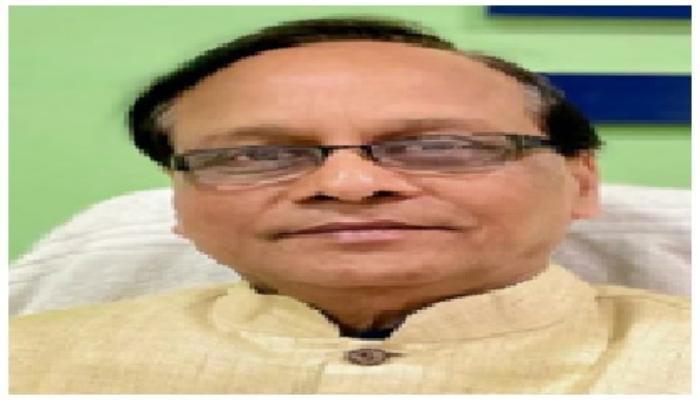
Article Written By: Dr. Arvind Neral RAIPUR: There is a wide gap between patients who need transplants and the organs that are available in India. An estimated around 1.8 lakh persons suffer from renal failure every year, however the number of renal transplants done is around 6000 only. An estimated 2 lakh patients die of liver failure or liver cancer annually in India, about 10-159% of which can be saved with a timely liver transplant. Hence 25-30 thousand liver transplants are needed annually in India but only about one thousand five hundred are being performed. Similarly about 50000 persons suffer from Heart failures annually but only 10 to 15 heart transplants are performed every year in India. In case of Cornea, nearly 25000, transplants are done every year against a requirement of 1 lakh. Transplantation of Human Organs Act (THOA) 1994 was enacted to provide a system of removal, storage and transplantation of human organs for therapeutic purposes and for the prevention of commercial dealings in human organs. Under THOA, Sources of the organ may be: Near Relative donor (mother, father, son, daughter, brother, sister and spouse. Other than near relative donors may be a donor who can donate only out of affection and attachment or for any other special reason and that too with the approval of the authorisation committee. Deceased donor, especially after Brain stem death e.g. a victim of road traffic accident etc. where the brain stem is dead and person cannot breathe on his own but can be maintained through ventilator, oxygen, fluids etc. to keep the heart and other organs working and functional. Other type of deceased donor could be donor after cardiac death. Brain Stem death is recognized as a legal death in India under this Act, like many other countries, which has revolutionized the concept of organ donation after death. After natural cardiac death only a few organs/tissues can be donated (like cornea, bone, skin and blood vessels) whereas after brain stern death alrnost 37 different organs and tissues can be donated including vital organs such as kidneys, heart, liver and lungs. Despite a facilitatory law, organ donation from deceased persons continues to be very poor. In India, there is a need to promote deceased organ donation as donation from living persons cannot take care of the organ requirement of the country. Also there is risk to the living donor and proper follow up of donor is required. Another risk is an element of commercial transaction associated with living organ donation, which is violation of Law. In such a situation of organ shortage, rich can exploit the poor by indulging in organ trading. Government of India initiated the process and the Transplantation of Human Organs (Amendment) Act 2011 was enacted. Tissues have been included along with the Organs. 'Near relative' definition has been expanded to include grandchildren, grandparents. Provision has been made for 'Retrieval Centres for retrieval of organs from deceased donors and Tissue Banks shall also be registered. Provision of Swap Donation has been defined. To protect vulnerable and poor, there is provision of higher penalties for trading in organs. Constitution of Brain death certification board has been simplified- wherever Neurophysician or Neurosurgeon is not available, then an anaesthetist or intensivist can be a member of board in his place, subject to the condition that he is not a member of the transplant team. An apex level National Organ and Tissue Transplant Organization (NOTTO) centre and facility of cadaver organ and tissue retrieval Operation theatre has been established. A dedicated website (www.notto.gov.in) has been launched by NOTTO for providing information on organ and tissue donation, organ and tissue pledging, networking of hospitals and establishing National registry of organ and tissue transplantation and donation. A 24x7 days call centre has been made operational provision of a toll free helpline (No. 1800114770). It has three components: Pledge Registry: Online and offline provision to register your wish for organ donation is already in place Waiting List Registry: Patients waiting for transplant can register themselves through hospitals in the National Waiting list registry Transplant Registry: Provision of entering the data of transplant cases and follow up is already in place. Hospital can enter the data. Facility for Offline and Online pledging for donation of organ and/or tissue after death has been made functional. Life is not worth living until you have someone to die for and life is not worth dying once you have someone to live for. Peter Marshall Said “The measure of life is not it’s duration but it’s donation.” Don’t think of Organ Donation as giving up part of yourself to keep a total stranger alive. It’s really a total stranger giving up almost all of themselves to keep part of you alive. Article Written By: Dr. Arvind Neral Professor & H.O.D. Department of Pathology, Pt. J.N.M. Medical College, Raipur ( C.G.)
© Bharatiya Digital News. All Rights Reserved. Developed by TechnoDeva